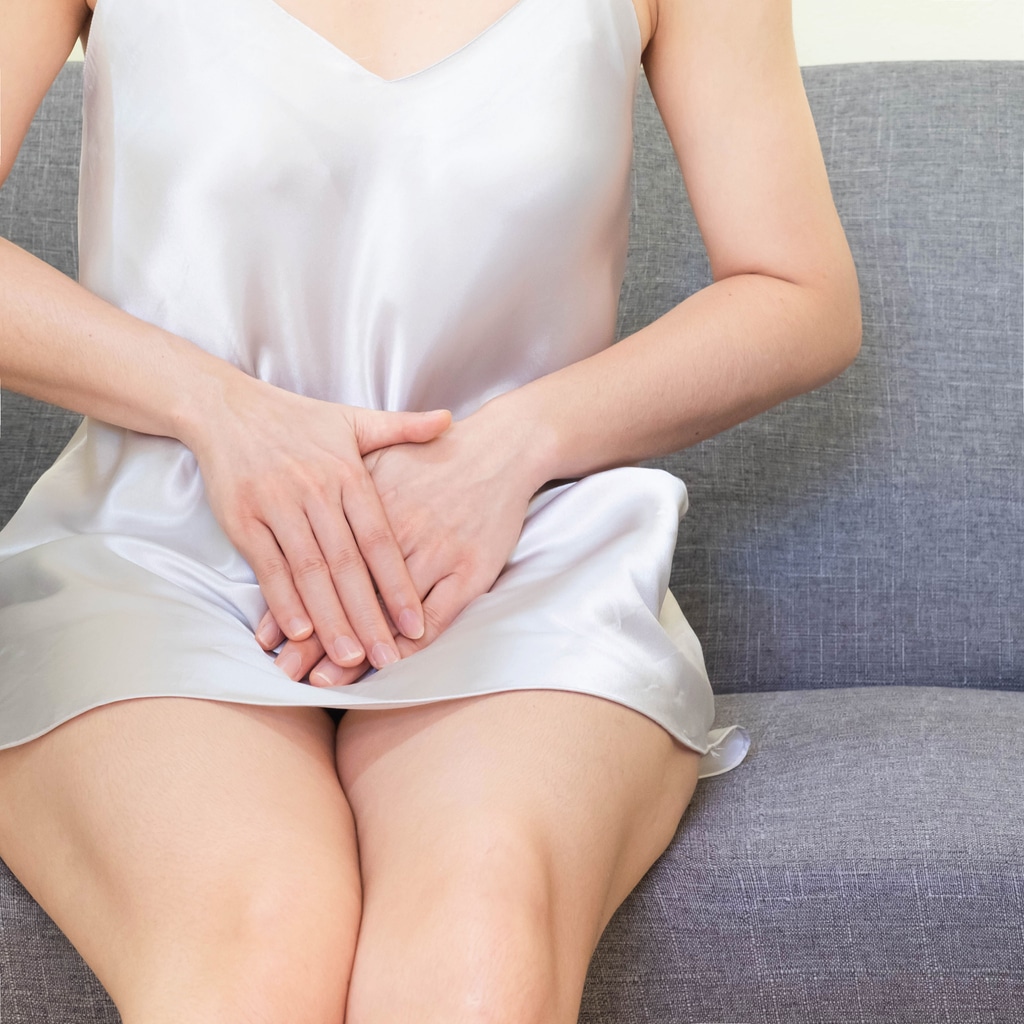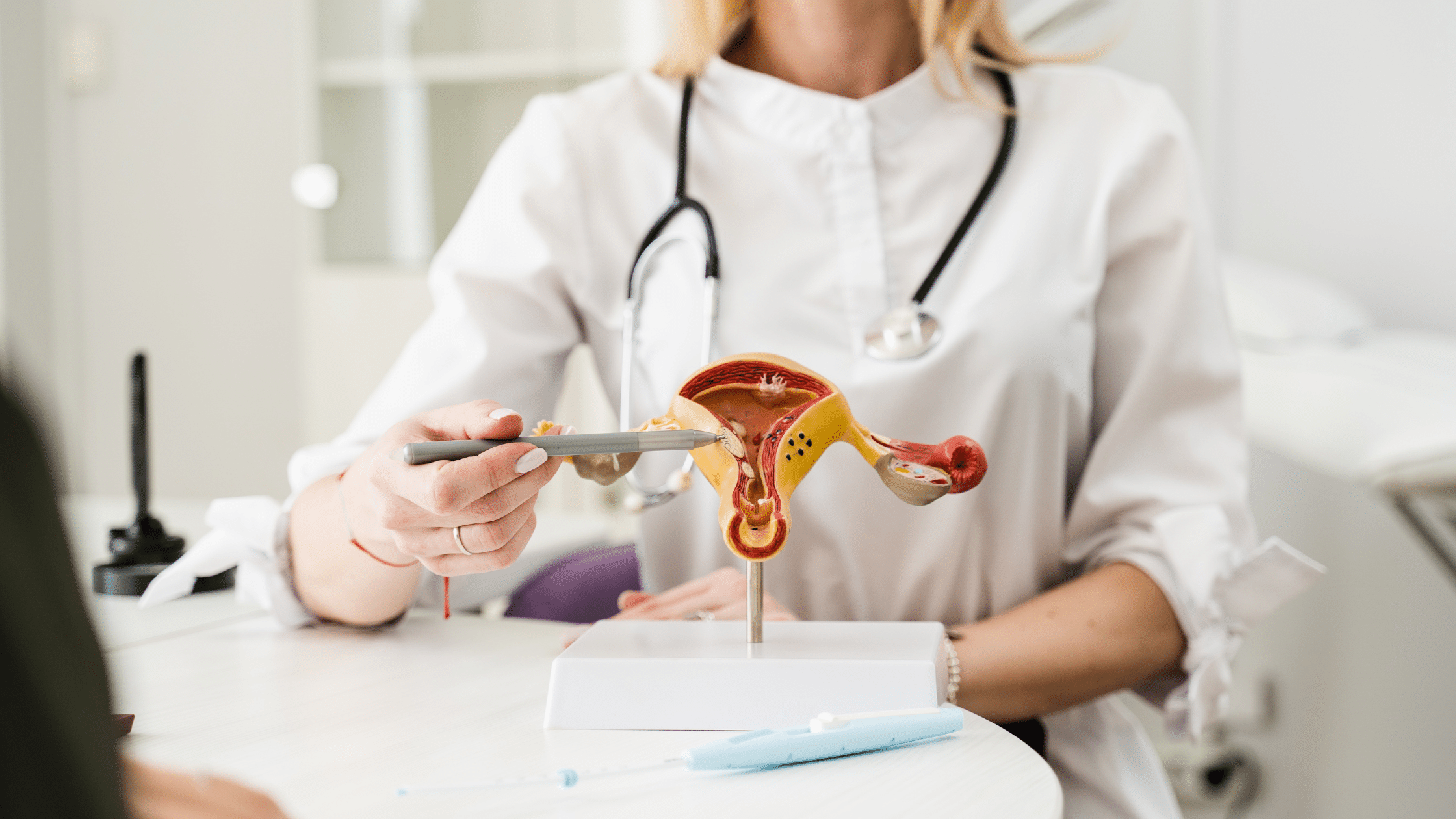Endometriosis affects millions of women across the U.S., yet its exact cause remains unclear. While…

What is Vulvodynia?
There’s nothing worse than undiagnosed pain, especially in a seemingly embarrassing and awkward spot. Vagina pain can keep you from social activities, vacations, and trying new things. Moreover, vaginal pain that occurs with seemingly no cause can also be isolating, causing many women to suffer alone.
At The Endometriosis Treatment Center of America, you’re not alone in your pain, nor should you be ashamed of it. We discuss the common causes of chronic vaginal pain, also called vulvodynia, and the treatment options available. If you think you may have vulvodynia, or suffer from severe vaginal pain, don’t hesitate to seek treatment.
What Is Vulvodynia?
Vulvodynia is chronic pain localized around the front of your vagina, also called the vulva. Cases of vulvodynia last for over three months with no apparent cause. Often, pain can increase during long periods of sitting or intercourse. Pain can occur anywhere in the vaginal area during cases of vulvodynia, and severity can vary among sufferers.
There are two types of vulvodynia, localized and generalized. If you have localized vulvodynia, you experience pain in only one area, which often occurs at a specific time, like after intercourse, sitting for long periods, or tampon insertion. On the other hand, generalized vulvodynia often appears in various areas of the vagina and is often characterized by constant vaginal discomfort.
What Are the Causes of Vulvodynia?
The causes of vulvodynia are mainly unknown, but some suspected culprits may contribute to the condition. These factors include inflammation, hormonal changes, genetics, nerve injuries, reactions to vaginal infections, irritation from harsh products, and a weakened pelvic floor. If you have been diagnosed with endometriosis, you may be more likely to experience vulvodynia. With endometriosis, you may experience heightened nerve sensitivities and muscle spasticity caused by the condition.
What Are the Symptoms of Vulvodynia?
Some of the common feelings in the vagina in cases of vulvodynia include:
- Burning
- Stinging
- Throbbing
- Stabbing
- Itching
- Rawness
You may also experience painful intercourse, discomfort when wearing tight pants or inserting tampons, and inability to sit for long periods. Some women experience inflammation or swelling of the vulvar tissue, but more often than not, your vulva will appear completely normal.
What Are the Treatment Options for Vulvodynia?
Many cases of vulvodynia go untreated because women don’t mention it to their primary doctor. But, if you discuss your pain with your primary care doctor, you can get a referral to a gynecologist and find treatment. You may not have vulvodynia, and your discomfort occurs because of a bacterial infection, yeast infection, or diabetes.
A gynecologist will perform a pelvic exam and a cotton swab test to diagnose vulvodynia. If you have vulvodynia, there are various treatment options available. These remedies include medication, nerve blocks, biofeedback therapy, pelvic floor therapy, or surgery. However, surgery is only recommended as a last resort option, and your provider will provide ample information if necessary.
You’re Not Alone in Your Pain—Find Medical Help Today!
If you’re suffering from vaginal pain, we understand it can feel embarrassing and uncomfortable to talk about. But, if you discuss your concerns with a doctor, you can find relief from your pain.
At The Endometriosis Treatment Center of America, we employ multimodal techniques to treat cases of vulvodynia. With years of experience, we effectively treat vaginal pain so that you can get back to living your life to the fullest.
Suffering from Painful Sex or Vaginal Burning? Call ETCOA!
Are you suffering from vaginal pain or painful intercourse? Don’t hesitate to seek relief! At The Endometriosis Treatment Center of America, we can help you find a solution to your discomfort. Call us at (248) 609-6040 or contact us online today!



